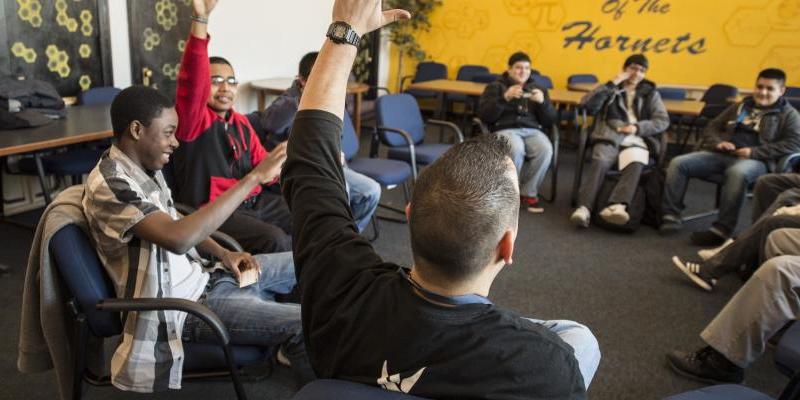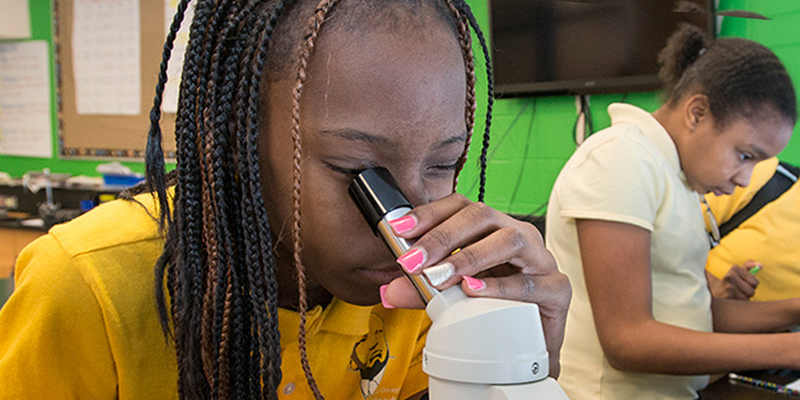Inclusive Economy Lab Developmental Education
Research shows that promoting early academic momentum, including passing key gateway courses in the first year, significantly boosts degree completion rates. However, over two-thirds of community college students are required to take developmental education courses before enrolling in college-level math and English. This requirement not only prolongs the time needed to complete a degree but also potentially amplifies the financial burden of education. Structural barriers, including racial and economic segregation, coupled with disparities in educational funding, exacerbate challenges related to academic readiness and restrictive placement policies, disproportionately affecting Black, Latinx, and low-income students.
To address these barriers to completion, City Colleges of Chicago (CCC), in collaboration with the UChicago Inclusive Economy Lab, redesigned its math and English course-placement policies to better serve students by considering multiple measures of readiness for college-level coursework rather than relying solely on standardized assessments. This approach aligns with a growing national trend to rethink placement policies and directly place more students into credit-bearing courses.
In this report, we outline CCC’s distinctive approach to developmental education and gateway course placement, analyzing the predictive power of multiple measures on course performance. We also explore how insights from data and stakeholder engagement shaped their new placement policy and continue to guide adjustments aimed at supporting student success.
Read the Case Study of City Colleges of Chicago's Approach Dev Ed White Paper_September 2025




